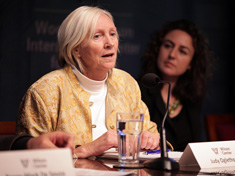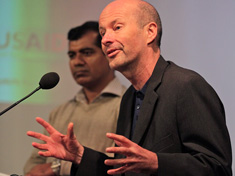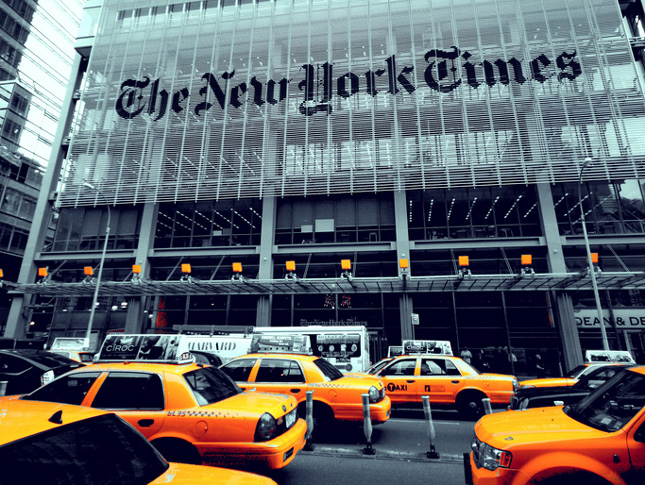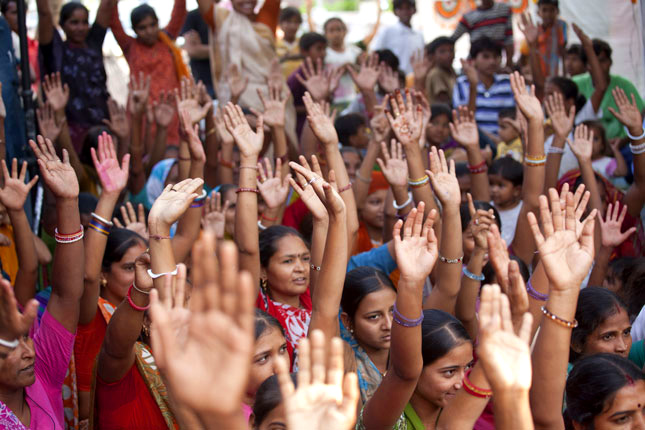-
New Data Explorer Explains Assumptions Behind Population Projections
›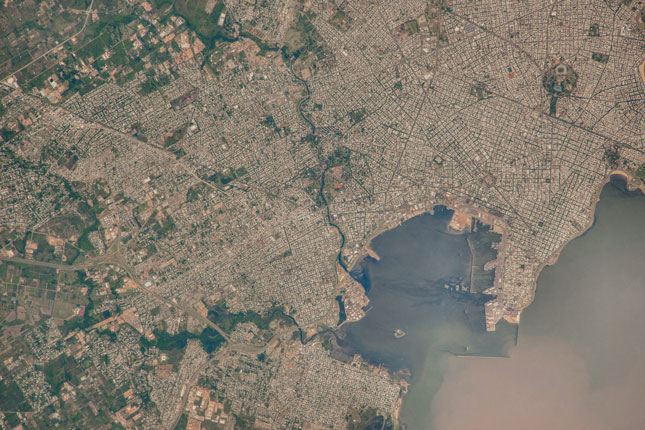
Population projections undergird many important policy decisions, from the U.S. government’s Feed the Future program to the Sustainable Development Goals. But they’re not as straightforward as they appear. Demographers often base their estimates on complicated assumptions that aren’t obvious to the end user.
-
Judy Oglethorpe: Fighting Environmental Change in Nepal Through Community Empowerment
› -
David Lewis: To Avoid Reinforcing Status Quo, Focus on Understanding Livelihood Systems
›
As the idea of resilience has received more attention from policymakers as a guiding principle for climate change response and development, so too has it garnered more criticism, says David Lewis in this week’s podcast. By implying a “natural” return to a previous condition, resilience thinking could inadvertently promote limited policies that don’t go as far as they could in aiding those most at-risk.
-
Reporting on the Spaces Between: How to Cover Climate, Population, and Health Connections
›
In his 2007 best-seller, The World Without Us, Alan Weisman explored what would happen to the planet if the human race suddenly vanished – the gradual deterioration of the built environment, the geologic fossilization of our everyday stuff, and the ecological processes that would rebound and thrive without continual and growing human pressure. [Video Below]
-
Chernor Bah: Girls Invisible in Most Youth Development Policies
›
“Youth in many countries is synonymous [with] masculinity,” says Chernor Bah in this week’s podcast. “Across governments – and I’ve looked at a lot of youth policies – girls are invisible.”
-
UNFPA: World’s 1.8 Billion Young People Need to Be More Involved in Development
›
“A world in which a quarter of humanity is denied full enjoyment of their rights is an unjust world,” said Kate Gilmore, deputy executive director of the United Nations Population Fund (UNFPA). “It’s a world without the building blocks for human progress, for human peace, for human security.” [Video Below]
-
‘Extreme Realities’ Sheds Light on Links Between Global Climate Dynamics and National Security
›“We cannot ignore the new reality that climate change has become a major foreign policy issue in the 21st century,” a new film by Hal and Marilyn Weiner concludes.
-
Safety and Security in the Global Youth Wellbeing Index
›Few would argue with the notion that socioeconomic development is contingent on peace, safety, and security. What goes for nations, goes for people too – especially young people.
Showing posts from category education.


